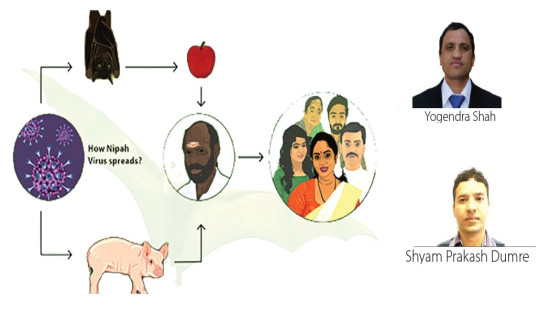- Saturday, 7 February 2026
Khiyama's Blue Sky: Emotions Supersede Power Of Language
Every individual is likely to possess the potential to become a poet. Many people don't write poems and get published, but they are still poets in their intuition, feelings, and emotions. The overwhelming ideas in the mind or feelings in the heart can make a person a poet, whether they write them down or not. People have soul, heart, and keen observation of nature to produce poetry and to move with it. Writing poetry is an art that demands a powerful play of words that carry a profound message in a poignant and balanced manner.
Poetry is a powerful medium or tool to express one's emotions and feelings. Poetry is a vehicle that is driven safely by a person dexterous in its type. It means poetry is a written art that uses words as its tool and has a powerful command of diction. Poetry, if handled with care and skill, can go to the core of hearts, vibrating them vigorously. However, poetry happens to be a natural phenomenon because you cannot force yourself to compose it despite your sound knowledge of the subject matter. It is like leaves growing on a tree. William Wordsworth, the leader of the Romantic Movement in the history of English literature, says, "Poetry is the spontaneous overflow of powerful feelings; it takes its origin from emotion recollected in tranquility."
Most poets have followed their passion for poetry, not as a profession or occupation but as a hobby. When we write poetry merely as a hobby or passion, we are free from any kind of pressure, which helps us use the words in any way we think is appropriate for poetry.
Khiyama's Blue Sky, by Professor Dr. Bishnu Rai, is a collection of poems and lyrics translated into English by himself from his Nepali version "Khiyamako Nilo Aakash". This anthology has 36 poems and 30 lyrics, divided into two parts (poetry and lyrics). Professor Rai has been writing poems, stories, and lyrical compositions for many years, getting them published in different newspapers and magazines. Simple, cool, and kind, Rai maintains civility and dignity both in his practical life and in his literature. Reticent by nature, he is far from the slavish tendency we find in many men of letters.
Rai's collection of poetry mainly talks about the Kirant myth that provides the title of this anthology. Moreover, it expresses a theme of the natural beauty people enjoy in Nepal, both physical and spiritual love, and the pangs of the marginalised or weak community of people. The poet sometimes becomes himself a victim of suffering so that he can realise and capture the real pain people are undergoing. Although Rai comes from a well-to-do and educated family, he acutely observes the pain of those who are facing all kinds of shortages in their lives.
Some of the poetic devices used in this anthology are simile, metaphor, imagery, rhyme, etc. In some poems, images are forcefully yoked together, and people who advocate for poetic principle may find it otherwise. Since this is an anthology of prose poems, no metrical patterns are applied, neither Nepali chhandas nor English meters. Stanza breaking is sometimes not easy to relate to each other because ideas or thoughts expressed in this collection are beyond the line of logical progression. Diction is like plants growing in the wild forest, unlike in a trimmed garden.
Although the title of the book is the name of a mythological character, i.e., Khiyama from the Kirant myth, we find various other themes separately in other poems. It means the poet is not limited to the mythical theme. He explores the themes from reflection on love (It seems you love) to foreign employment (Jantare); from beauty in nature (My village) to the ugliness of a city (Whose corpse?); from war to the worn-out sun; and from satire to objections to tyranny.
The second part of the book, i.e., the lyrics or songs, contains many songs, many of which have been composed with music and sung by famous singers of Nepal.
Although the work of translation for this poetry book has been done by the author himself, there is still room for improvement. The message and meaning of the source language are not easy to translate into the target language (English in this context). Feelings and emotions are beyond the power of language, let alone translation.
(Neupane is a professor of English at Baneshwor Campus)

.gif)













